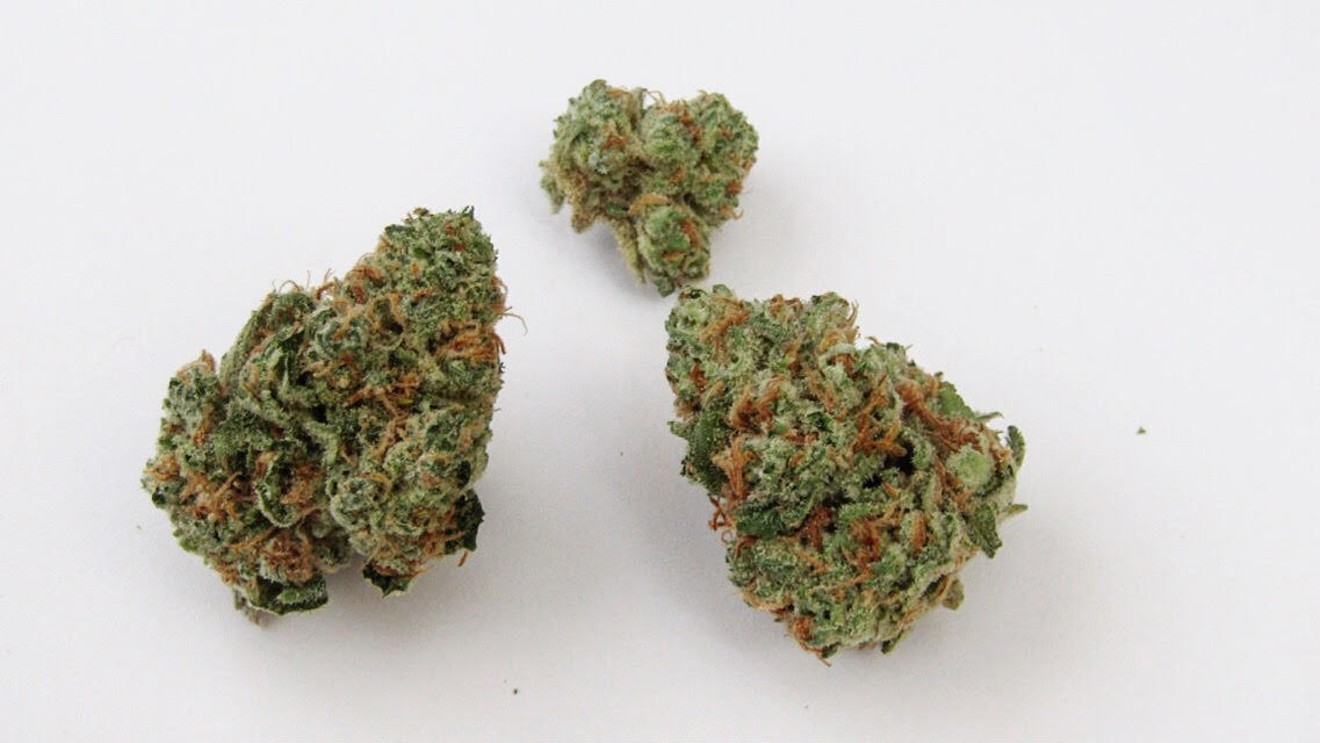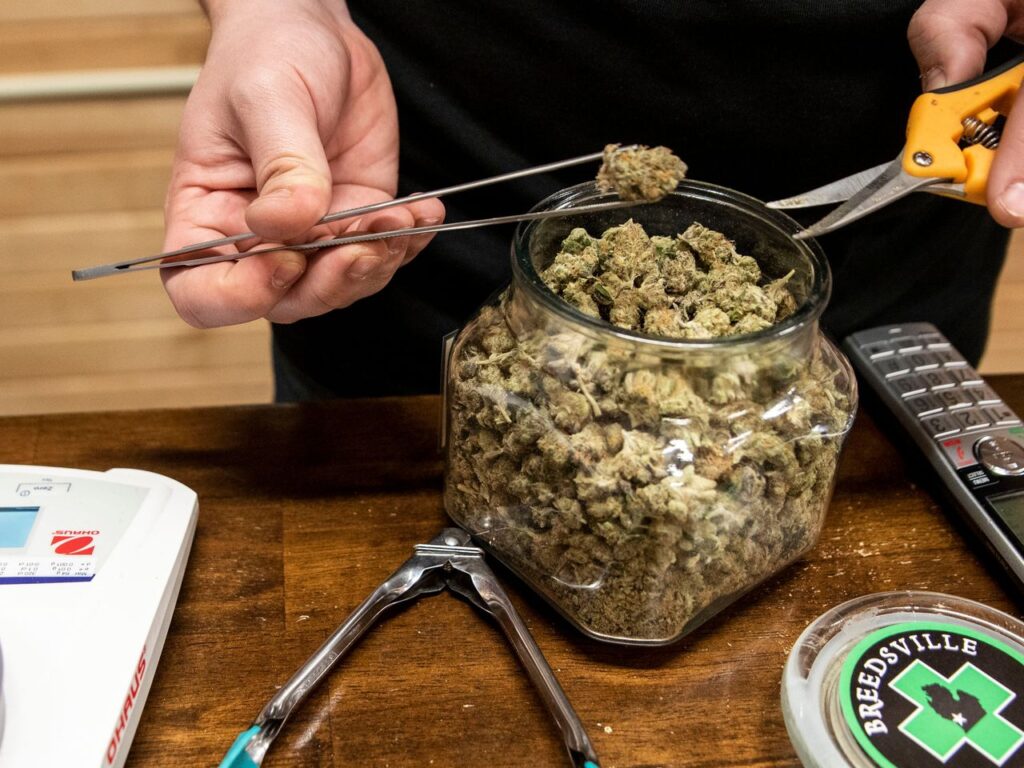
As the global conversation surrounding addiction recovery continues to evolve, medical cannabis has become a topic of growing interest. Over the years, more research has suggested that medical cannabis, particularly its components CBD (cannabidiol) and THC (tetrahydrocannabinol), might offer therapeutic benefits for individuals struggling with substance use disorders. This article explores the economic implications of legalizing medical cannabis, focusing on its potential to impact addiction recovery, healthcare costs, job creation, and government revenues.
1. Introduction
Addiction recovery is a difficult and often lifelong process for individuals battling substance use disorders (SUDs). Recovery requires physical, mental, and emotional effort, and while traditional treatments have proven effective, many individuals continue to seek alternative therapies to support their journey. One such alternative that has garnered attention in recent years is medical cannabis. Beyond its therapeutic potential in treating addiction, the legalization of medical cannabis offers various economic opportunities that could significantly affect the healthcare landscape, job markets, and government revenues.
The economic impact of legalizing medical cannabis extends beyond its health benefits. By exploring the potential of medical cannabis in addiction recovery, we also examine the broader economic effects that such a policy shift could have on local economies and industries.
2. What is Medical Cannabis?
Medical cannabis refers to the use of cannabis plants or their extracts for medicinal purposes, often as a treatment for various conditions, including chronic pain, anxiety, and addiction. The two main active compounds in medical cannabis are CBD and THC. CBD is non-psychoactive, meaning it doesn’t produce a “high,” while THC is the compound that creates the psychoactive effects associated with cannabis.
Medical cannabis interacts with the body’s endocannabinoid system (ECS), which regulates functions like mood, sleep, and appetite. This system is a key player in addiction recovery as it helps the body maintain balance and respond to physical and emotional stress. By modulating ECS activity, cannabis compounds could help manage withdrawal symptoms, reduce cravings, and improve overall mental well-being during recovery.
3. Addiction and the Brain
Addiction fundamentally alters brain chemistry. Substances like opioids, alcohol, and nicotine can rewire the brain’s reward pathways, leading to dependence and cravings. The reward system, which involves the release of dopamine, is hijacked by these substances, making the brain reliant on them for pleasurable feelings. This disruption can lead to addiction, as the brain becomes conditioned to seek out the substance to maintain a sense of well-being.
Medical cannabis, particularly CBD and THC, may help address these brain imbalances. THC binds to cannabinoid receptors in the brain, affecting the release of dopamine and potentially reducing cravings. CBD, on the other hand, may help alleviate anxiety and stress, which are often experienced during addiction recovery. By influencing these brain pathways, medical cannabis could support individuals as they navigate the difficult terrain of addiction recovery.

4. How Medical Cannabis Might Help in Addiction Recovery
Scientific research into the role of medical cannabis in addiction recovery is still ongoing, but studies suggest that it could play an important role in treating several types of addiction. For example, medical cannabis has shown promise in reducing opioid use and alleviating withdrawal symptoms. By interacting with the body’s ECS, cannabis could reduce the severity of withdrawal symptoms, which is often one of the most challenging aspects of addiction recovery.
Research has also explored the potential benefits of cannabis in treating alcohol dependence and smoking addiction. Cannabis may help curb alcohol cravings and reduce anxiety associated with alcohol withdrawal. Additionally, cannabis has been shown to decrease the desire to smoke by interacting with the same brain pathways involved in nicotine addiction. While more research is needed, the evidence so far suggests that medical cannabis could be a valuable tool in comprehensive addiction treatment plans.
5. Benefits Beyond Addiction Treatment
Beyond its potential in addiction recovery, medical cannabis offers a range of other therapeutic benefits. For many individuals in recovery, managing chronic pain is a significant concern. Cannabis has been shown to provide effective pain relief without the addictive risks associated with opioids.
Additionally, cannabis can help stabilize mood and reduce anxiety, which are crucial for maintaining mental well-being during recovery. These benefits contribute to a more holistic approach to addiction treatment, addressing not only the physical aspects of recovery but also the emotional and psychological challenges that accompany it.
6. Challenges and Risks
While the potential benefits of medical cannabis are promising, there are also several challenges and risks associated with its use in addiction recovery. One of the primary concerns is the potential for misuse. While CBD is non-psychoactive and generally considered safe, THC can be habit-forming, especially if used in high doses. This could potentially lead to a new form of dependence if not carefully monitored.
Another challenge is the variability in cannabis products. With no standardized dosages or formulations, it can be difficult for healthcare providers to determine the appropriate amount of cannabis for patients in recovery. Additionally, the legal landscape surrounding medical cannabis is complex, with regulations varying widely between regions.
7. What the Experts Say
Experts in addiction treatment and cannabis medicine generally agree that more research is needed to fully understand the role of medical cannabis in addiction recovery. However, many experts acknowledge its potential benefits in treating withdrawal symptoms, reducing cravings, and supporting mental health during recovery.
Studies have shown that cannabis could be particularly effective in opioid addiction treatment, helping to reduce opioid use and overdose risks. As the body of research grows, addiction specialists are becoming more open to incorporating cannabis as part of comprehensive addiction treatment plans.
8. Legal and Accessibility Issues
The legal status of medical cannabis remains a significant barrier to its widespread use in addiction recovery. While some regions, including parts of the United States and Canada, have legalized medical cannabis, it remains illegal in many areas. This creates challenges for individuals seeking access to medical cannabis as part of their treatment plan.
Moreover, even in areas where cannabis is legal, accessibility remains a concern. Patients may face difficulties in obtaining the correct products or might encounter high costs, particularly in regions with restrictive medical cannabis programs. Standardized regulations and increased access are needed to ensure that medical cannabis can be used safely and effectively as part of addiction recovery.
9. Conclusion
The legalization of medical cannabis presents numerous potential benefits for both addiction recovery and the broader economy. While more research is needed to fully understand its effectiveness, medical cannabis has already shown promise in treating addiction, particularly opioid use disorder, alcohol dependence, and smoking addiction.
The economic impact of legalizing medical cannabis extends beyond addiction recovery, potentially generating revenue, creating jobs, and reducing healthcare costs. However, careful consideration must be given to the risks and challenges associated with its use, including the potential for misuse and the need for standardized regulations.
Ultimately, medical cannabis could serve as a complementary treatment option in addiction recovery, offering significant economic and health benefits. By continuing to study its effects and regulating its use, we may unlock its full potential as a valuable tool in both addiction treatment and economic development.




